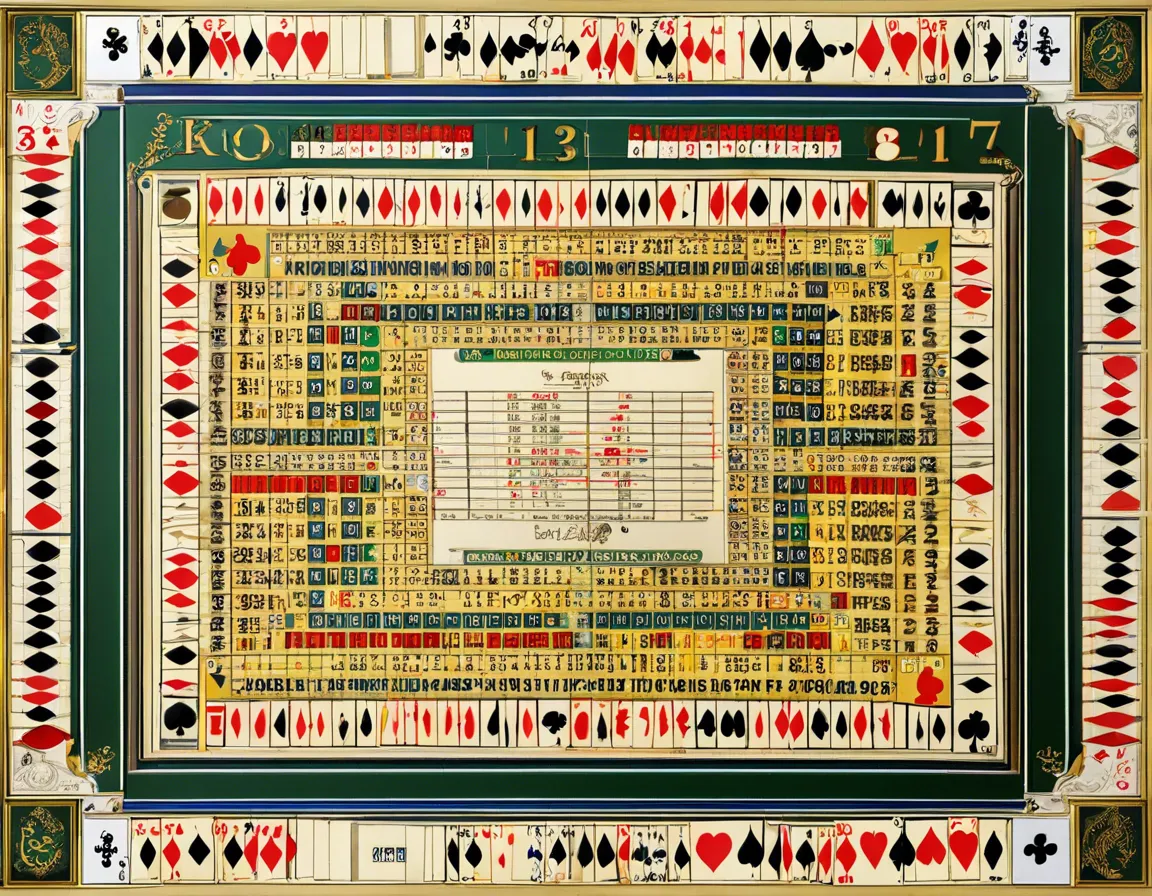Outline
- Introduction to Baccarat
- What is Baccarat?
- Brief history of Baccarat
- Understanding Luck in Baccarat
- Definition of luck
- How luck influences Baccarat outcomes
- Statistical Analysis in Baccarat
- Role of probability in Baccarat
- Key statistical metrics in Baccarat
- The Role of Luck in Baccarat
- Luck versus skill in Baccarat
- Impact of luck on player strategies
- Statistical Methods for Analyzing Baccarat
- Monte Carlo simulations
- Regression analysis
- Case Study: Statistical Analysis of Baccarat
- Data collection methods
- Analysis of outcomes
- Understanding Variance in Baccarat
- Definition of variance
- How variance affects Baccarat results
- Strategies for Mitigating Luck in Baccarat
- Bankroll management techniques
- Betting strategies
- Conclusion
- FAQs on Luck in Baccarat
The Role of Luck in Baccarat: Statistical Analysis
Introduction to Baccarat
Baccarat, often associated with elegance and sophistication, is a popular card game found in both land-based and online casinos. Originating in Italy in the 15th century, Baccarat has evolved over the years to become one of the most beloved games of chance worldwide.
Understanding Luck in Baccarat
Luck plays a pivotal role in Baccarat, as with any other casino game. In essence, luck refers to the random and unpredictable nature of outcomes that cannot be controlled or influenced by skill or strategy. In Baccarat, luck determines which hand wins, whether it’s the player’s or the banker’s.
Statistical Analysis in Baccarat
Statistical analysis forms the backbone of understanding the dynamics of Baccarat. Probability theory is at the heart of this analysis, helping players and analysts grasp the likelihood of various outcomes based on historical data and mathematical principles.
The Role of Luck in Baccarat
While Baccarat requires a certain level of skill and strategy, luck remains a dominant factor in determining the outcome of each hand. Unlike games such as poker, where skill can significantly influence results, Baccarat relies heavily on luck, making it a pure game of chance.
Statistical Methods for Analyzing Baccarat
To gain insights into the role of luck in Baccarat, analysts often employ sophisticated statistical methods such as Monte Carlo simulations and regression analysis. These techniques allow for the examination of various scenarios and outcomes, shedding light on the interplay between luck and strategy.

Case Study: Statistical Analysis of Baccarat
In a typical statistical analysis of Baccarat, researchers collect data on thousands of hands played under different conditions. By analyzing this data, they can identify patterns, trends, and anomalies, providing valuable insights into the game’s mechanics and probabilities.
Understanding Variance in Baccarat
Variance refers to the degree of deviation from the expected outcomes in Baccarat. While statistical models can predict average results over time, variance highlights the inherent unpredictability of individual outcomes due to luck. Managing variance is crucial for players looking to sustain their bankrolls over the long term.
Strategies for Mitigating Luck in Baccarat
While luck cannot be eliminated entirely from Baccarat, players can employ various strategies to minimize its impact. Effective bankroll management, coupled with disciplined betting strategies, can help mitigate losses during unfavorable streaks and capitalize on winning streaks.
Conclusion
In conclusion, luck plays a significant role in Baccarat, influencing outcomes and shaping player experiences. While statistical analysis provides insights into the game’s dynamics, it’s essential to recognize the inherent unpredictability of luck and its impact on Baccarat outcomes.
FAQs on Luck in Baccarat
- Can luck be completely eliminated from Baccarat?
- No, luck cannot be completely eliminated from Baccarat or any other game of chance. Luck is an inherent aspect of gambling and adds to the excitement and uncertainty of the outcome.
- How do skilled players navigate the element of luck in Baccarat?
- Skilled players in Baccarat understand that while luck plays a significant role, there are still strategic decisions they can make to improve their chances of winning. These decisions often involve effective bankroll management, disciplined betting strategies, and understanding the game’s probabilities.
- Are there any proven strategies for consistently winning at Baccarat?
- While there are various betting systems and strategies claimed to guarantee success in Baccarat, it’s essential to approach such claims with caution. Baccarat is primarily a game of chance, and while strategies can help manage risk and maximize potential profits, there is no foolproof method for consistently winning.
- What role does statistical analysis play in understanding luck in Baccarat?
- Statistical analysis is crucial in understanding the role of luck in Baccarat. By analyzing large datasets of historical game outcomes, researchers can identify patterns, trends, and probabilities associated with different hands and betting options. This analysis provides valuable insights into the game’s dynamics and helps players make informed decisions.
- How important is variance management in Baccarat?
- Variance management is essential in Baccarat as it helps players navigate the ups and downs of the game. By understanding and managing variance, players can avoid significant losses during losing streaks and capitalize on winning streaks. Effective variance management often involves disciplined bankroll management and adjusting betting strategies based on current conditions.





























































